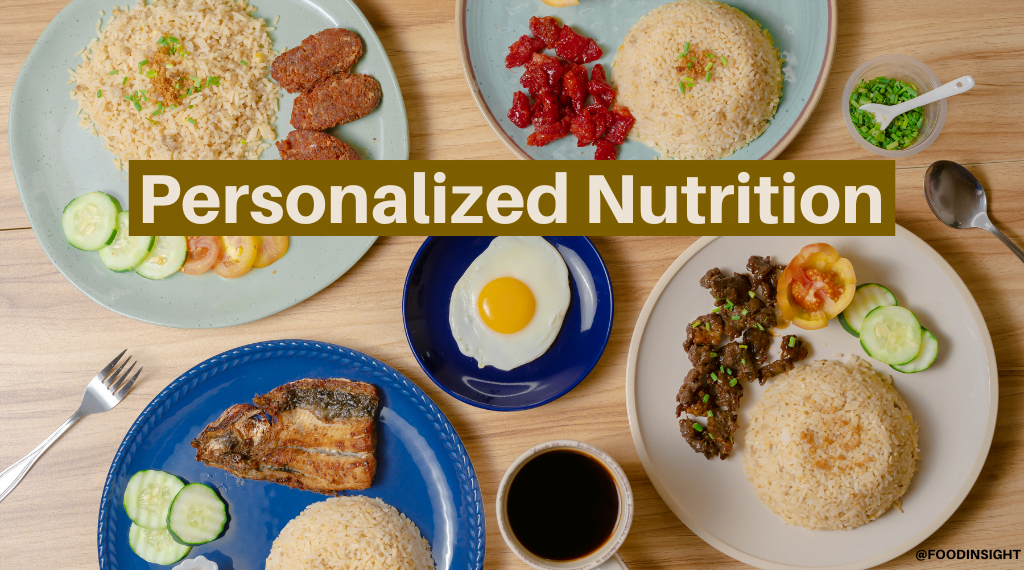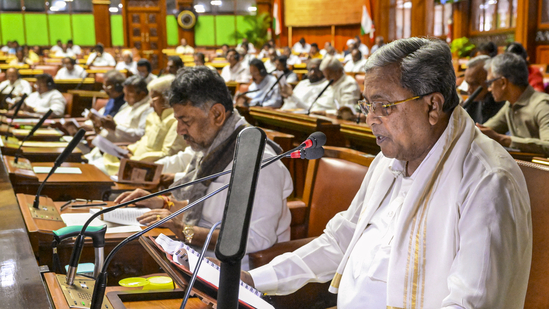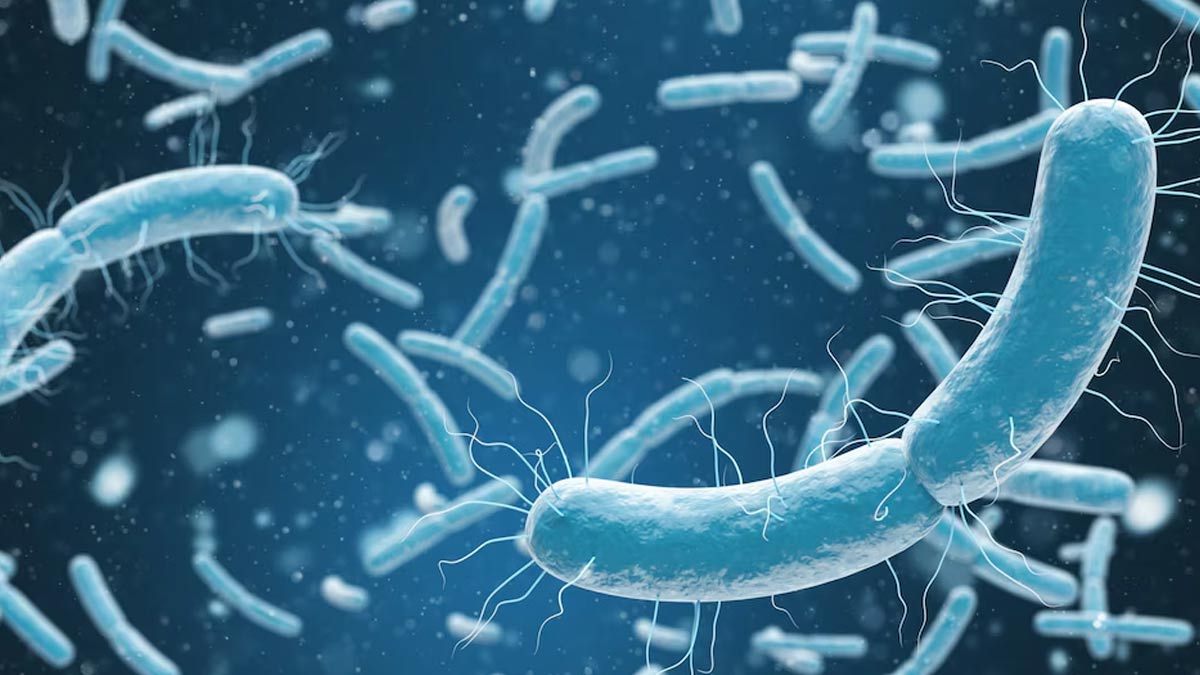Exploring how individual factors shape our nutritional needs and the future of custom eating plans
Let food be thy medicine and medicine be thy food.
– Hippocrates
Imagine a world where your breakfast knows you better than you know yourself. Picture toast that isn’t just a vehicle for butter, but a precisely calibrated start to your day, matched up with your genetic makeup, gut microbiome, and even what little sleep you got the night before. This isn’t science fiction—it’s the dawn of personal. In the ever-changing field of nutrition science, a paradigm change is happening. Personalized nutrition is an approach that is more complex and individualized than the days of one-size-fits-all food advice.
This emerging field recognizes that each person’s nutritional needs are as unique as their fingerprints, shaped by a complex interplay of genetic, environmental, and lifestyle factors. Personalized nutrition isn’t just about weight management; it encompasses a holistic view of health, aiming to optimize everything from energy levels and cognitive function to disease prevention and longevity.
Factors Influencing Individual Nutritional Needs

Furthermore, the food and personalized nutrition system gets complicated because of the diversity of factors that affect how our bodies go along with food. Hereditary factors are prominent among them: one genetic variation or another can make a change in how we metabolize nutrients, how we taste our food or areas where we could be most vulnerable to health disorders connected to food consumption. For instance, some might have inherited the tendency whereby they have an intolerance for lactose or celiac disease and thus require special dietary adjustments.
We now know that the gut microbiome—the diversity of microorganisms inhabiting a human’s digestive tract—is another player beyond genes. It influences the digestion and assimilation of nutritional elements, modulates the immune system, and affects even the brain. The factors that mold it include diet, use of antibiotics, and lifestyle; hence, the microbiome becomes a very dynamic and individual component of nutritional requirements.
Age, gender, and life stage also play crucial roles in determining nutritional requirements. A pregnant woman, for example, has vastly different nutritional needs compared to a post-menopausal woman or a growing teenager. Similarly, an athlete’s nutritional demands differ significantly from those of a sedentary office worker.
Geographical location, climate, and pollution exposure are examples of environmental elements that can affect our dietary demands. others who live in places with little sunlight, for example, might need to take more vitamin D supplements, and others who live in polluted urban areas might benefit from eating more antioxidants.
Benefits of Personalized Nutrition

The benefits of such personalized nutrition are huge and multi-dimensional. Traditional diet plans are normally tailored to be a generalized approach that lots of people might not be suited for. What works for one doesn’t work for the other, and eventually leads to frustration with ripple effects because of suboptimal results. Personalized nutrition offers a bespoke solution that tends to one’s needs and goals.
The ability to control weight is one of the main benefits. Knowing how your body reacts to various foods can enable you to make decisions that will help you reach and stay at a healthy weight more successfully. Because the diet is customized to reduce your specific risk factors, it also helps prevent and manage chronic diseases including diabetes, heart disease, and gastrointestinal issues.
Another incredible benefit is improved digestion. The intake of a personalized diet will favor gut microbiota by reducing bloating, constipation, and indigestion through eating foods that favor gut microbiota. More energy and clear thinking are some other benefits, as now your body will have the right food in the right amounts.
Challenges and Considerations

While it is a promising field concerning the promise of personalized nutrition, it harbors some downfalls. Among the major challenges are data accuracy and its interpretation. For instance, genetic testing provides information about a person, but it doesn’t put a complete picture of an individual’s health and nutritional needs into place. This field introduces another level of complexity into a myriad of relationships presented within the genome.
Also, there is a risk that the person will be minimized and greatly rely on technology, leaving out the dynamics of intuitive eating and the pleasure of food. Nutrition is not just nutrients; it is highly cultural, social, and emotional.
Truly personalized nutrition has to take in regard all those features, combining science with preferences, lifestyle, and cultural background. Another key consideration of this movement is the privacy issues that evolve out of the collection and use of personal health data. The rising number of companies operating in personalized nutrition services emphasizes the importance of ensuring that sensitively held health information is protected and used ethically. Another challenge is that of accessibility. In as much as the notion is a brilliant one, at the moment, most of the personalized nutrition services and technologies are very costly and are not all-inclusive, hence continuing to fuel health disparities. Efforts will be necessary to make these approaches accessible to diverse groups.
The Future of Personalized Nutrition
Looking ahead, the field of personalized nutrition holds immense potential. As our understanding of the human body and its interaction with food deepens, we can expect even more sophisticated and effective personalized nutrition strategies. Advancements in microbiome research may lead to personalized probiotic treatments and dietary recommendations based on an individual’s unique gut microbial composition. We might see the development of “smart” kitchens that can analyze our nutritional status and prepare meals tailored to our daily needs. Further technological strides in the areas of genetics and microbiomes will increase our knowledge’s precision and confidence and thus the associated dietary advice. This, coupled with artificial intelligence and machine learning, may bring about real-time feedback and adjustment to our diets with continuous monitoring of health metrics.In conclusion, the shift towards personalized nutrition represents an exciting frontier in our understanding of health and well-being. Know More – https://zoe.com/learn/what-is-personalized-nutrition
\By recognizing and embracing the uniqueness of each individual’s nutritional needs, we open the door to more effective, targeted approaches to diet and health. While challenges remain, the potential benefits of personalized nutrition – from improved health outcomes to a more nuanced understanding of our bodies – make it a field worth watching and investing in. As we move forward, the key will be to balance the promise of technology and data with the fundamental joy and cultural significance of food, creating a future where eating well is both a science and an art, tailored to each unique individual.



 By
By

















